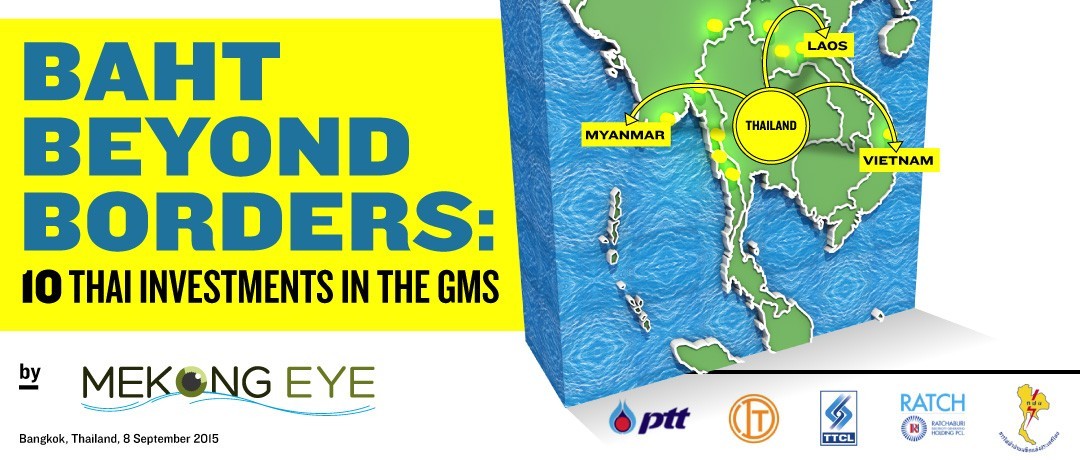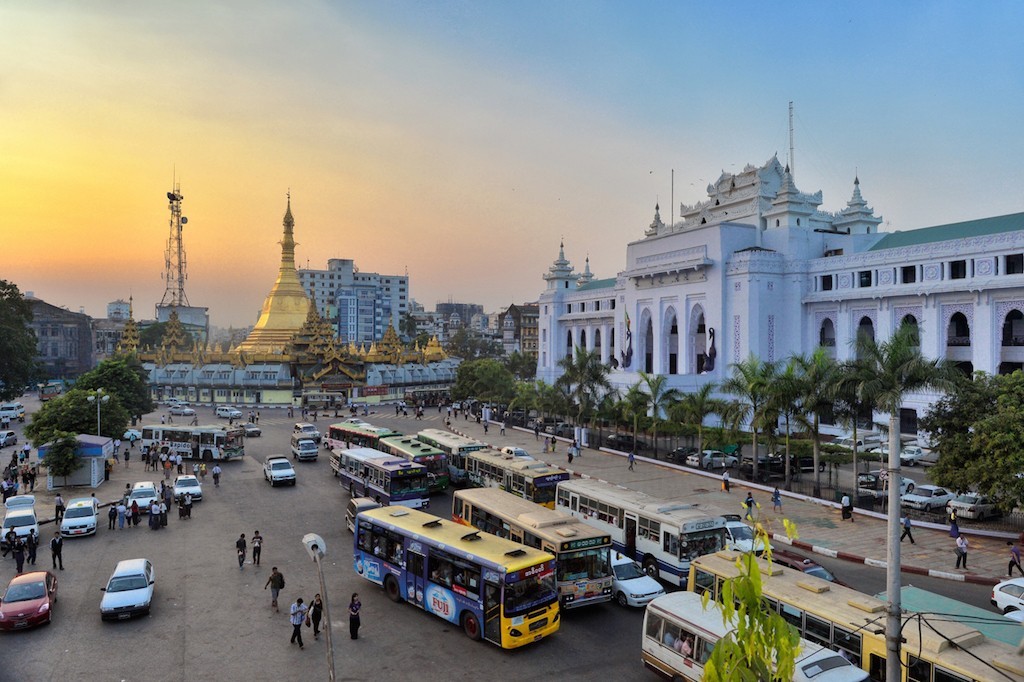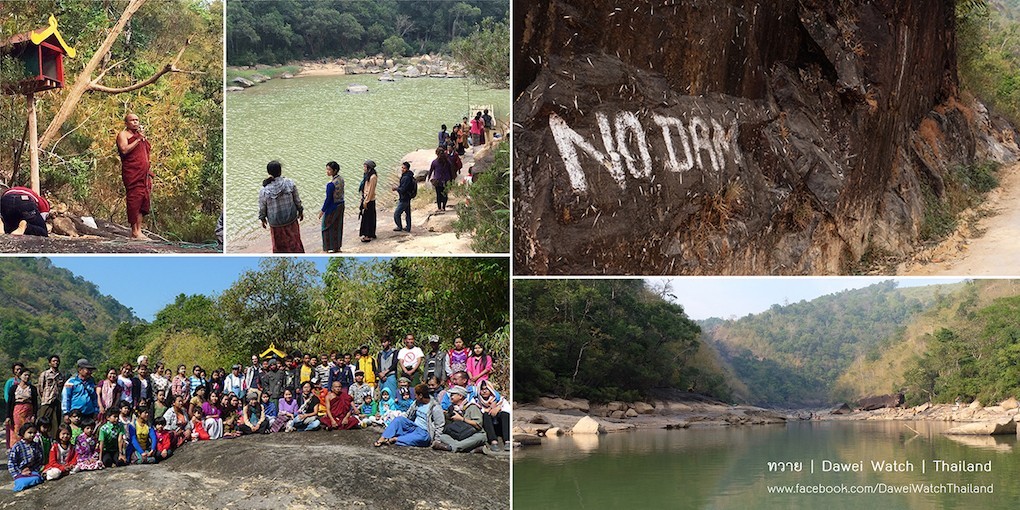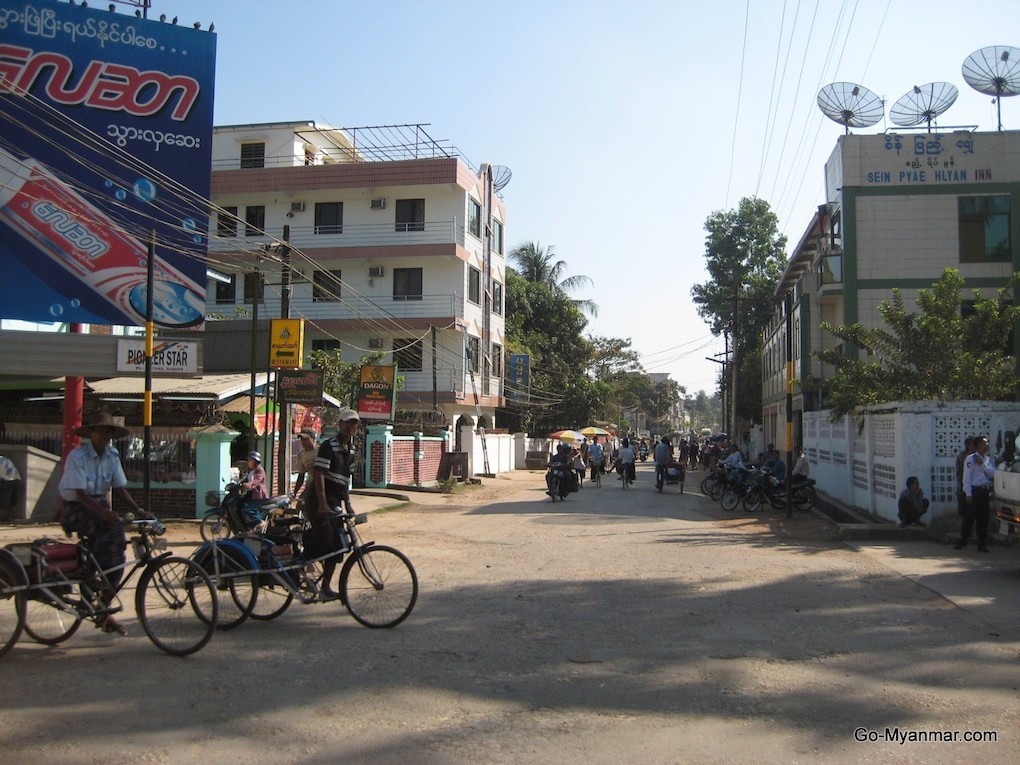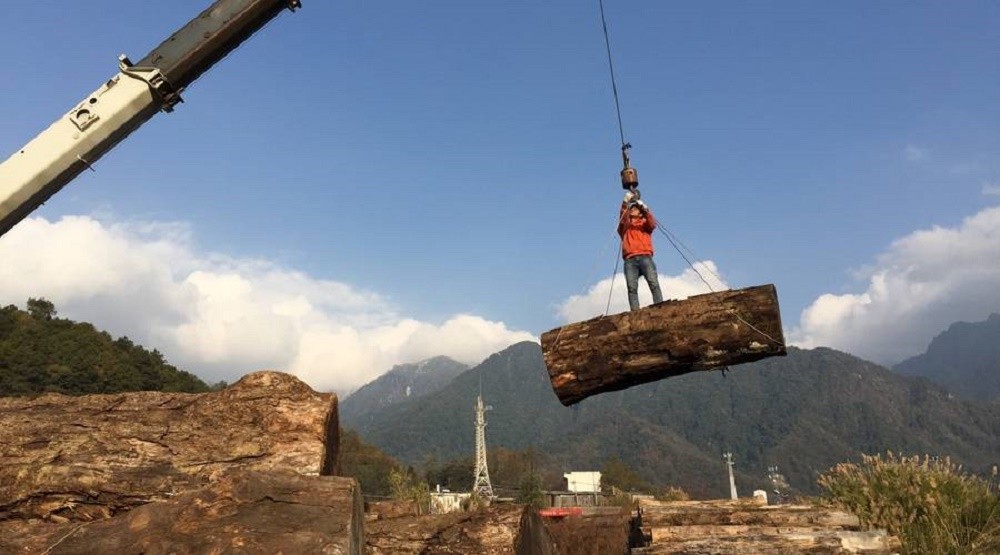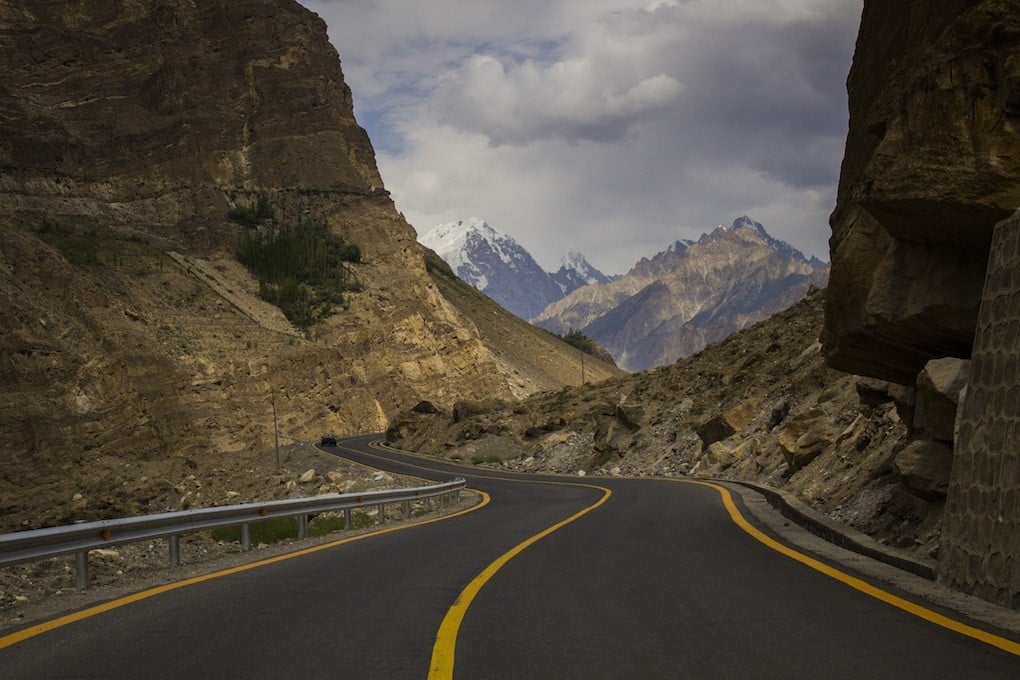With public opposition to major infrastructure projects a growing concern, and willing partners in neighboring countries eager to pick of the slack, Thailand’s industrialists are fanning out in all directions. Energy projects dominate the mix, including coal, gas and hydropower. As a result, it’s the Electricity Generating Authority of Thailand driving much of the activity.
Tag: investment
Myanmar expects entry of more US businesses
Representatives of US companies have become frequent guests at the Myanmar Federation of Chamber of Commerce and Industry these days as they explore business opportunities in the long-isolated country.
The visits have gathered pace since the National League for Democracy (NLD) won the election and the power transition from military rule appeared to be going smoothly, Win Aung, president of the federation, said last week.
“I strongly believe that Myanmar-US economic relations will strengthen in the next government’s term.
Dawei residents vow to fight special economic zone
More than 200 representatives from Kalonehtar village in Dawei organized a spiritual ceremony last week to symbolize their ongoing protest against the mega Dawei Special Economic Zone to be built under a joint venture deal between the Thai, Maymar and Japan governments. Under the current project plan about 1,000 villagers would be resettled to pave way for a reservoir to feed the new industry complex.
“We believe that we have the right to determine our own sustainable future on our native lands,’ they declared. “We, the Kalonehtar villagers, will not move from our native place and we will not accept any project that does not respect our right to Free, Prior and Informed Consent. We do not support any part of the Dawei SEZ project.”
Investors buy up Dawei real estate
The price of property in Dawei has risen beyond the reach of local residents as investors from overseas and Upper Myanmar buy up land in anticipation of a new special economic zone.
While the zone has been eight years in the making, there are still few signs of development on the ground. However, recent announcements that construction is moving ahead, combined with escalating conflict in the north of the country, has led to a rise in real estate investment in the area, local residents said.
Buying property in Tanintharyi Region is an “adventure for investors” they added, as township authorities have no specific land-use policies and land ownership documents are scarce. It is therefore hard to discover who owns the land, as sellers often do not transfer ownership in written form.
What a New Vietnam-Russia Deal Says About the Mekong’s Future
It is potentially an unusual business transaction. While the prospect of a Vietnamese company taking over a Russian group in of itself is unusual, the buyout of a strategic stake in a major fish distributor is also a reflection of changing attitudes to the management of the Mekong River.
Food security is the priority issue dominating the political agenda surrounding the lower Mekong subregion for the Vietnamese and Cambodian governments. It’s a stark contrast to thinking in Laos, which sees the Mekong primarily through the lens of hydropower.
Chinese demand wiping out forests of neighboring Burma
The streets of Pianma are lined with sawmills. They’re also lined with logs as big as cars: Teak, Rosewood, and Golden Camphor — all of them felled illegally across the border in Burma from old growth forests and brought to the Chinese side to be cut down into furniture.
China’s Belt and Road initiative ripe with possibilities
FOLLOWING THE launch of its ambitious Silk Road Economic Belt and 21st Century Maritime Silk Road (Belt and Road) initiative in a big way, China followed it up with last month’s official inauguration of the Asian Infrastructure Investment Bank (AIIB), which is now operational.
US State Department Must Renew and Strengthen Reporting Requirements for Companies Investing in Myanmar
EarthRights International (ERI) urged the State Department to renew and strengthen the Reporting Requirements for Responsible Investment in Burma (Myanmar), which require U.S. companies making significant new investment in Myanmar to report on their operations and explain their due diligence policies and procedures on human rights, the environment, corruption, and labor. New investors are also required to provide information on their land acquisitions and disclose payments to the government and contacts with the military and other armed groups. In a submission to the State Department as part of the U.S. Government’s review of the Reporting Requirements, ERI reiterated the importance of ensuring that new U.S. investment in Myanmar does not undermine the reform process.
Section 44 to clear way for setting up new Special Economic Zones, and possible new Biomass Power Plant without EIA
General Prayut Chan-o-Cha, leader of the National Council for Peace and Order used authority under section 44 declared 2 NCPO orders on January 20. The first one is on the exception on the enforcement of city plans in some project types 1) power plant 2) power plant gas that do not use natural gas for delivery or disposal 3) factory that improve overall quality of products ( sewage treatment plant/incinerator) 4) factory for sorting and landfill 5) factory for recycling. Another NCPO order was to exclude the application of the city planning and building control laws in the area of special economic development zone. This also includes various local ordinances which are the limitations of the ban on construction, modification, decommissioning, moving and using, or changing the use of buildings.
Vietnam Plans Move Away From Coal
Vietnam Prime Minister Nguyen Tan Dung has announced his government’s intention to “review development plans of all new coal plants and halt any new coal power development.”
According to Solarplaza, the Premier stated that Vietnam needs to “responsibly implement all international commitments in cutting down greenhouse gas emissions; and to accelerate investment in renewable energy.”
The announcement comes in advance of the Solar PV Trade Mission, scheduled April 18 – 22 in Hanoi and Bangkok. It is hoped the trade missions will assemble diverse high-level delegations of stakeholders from around the world into emerging markets to jointly explore and create business development opportunities.


